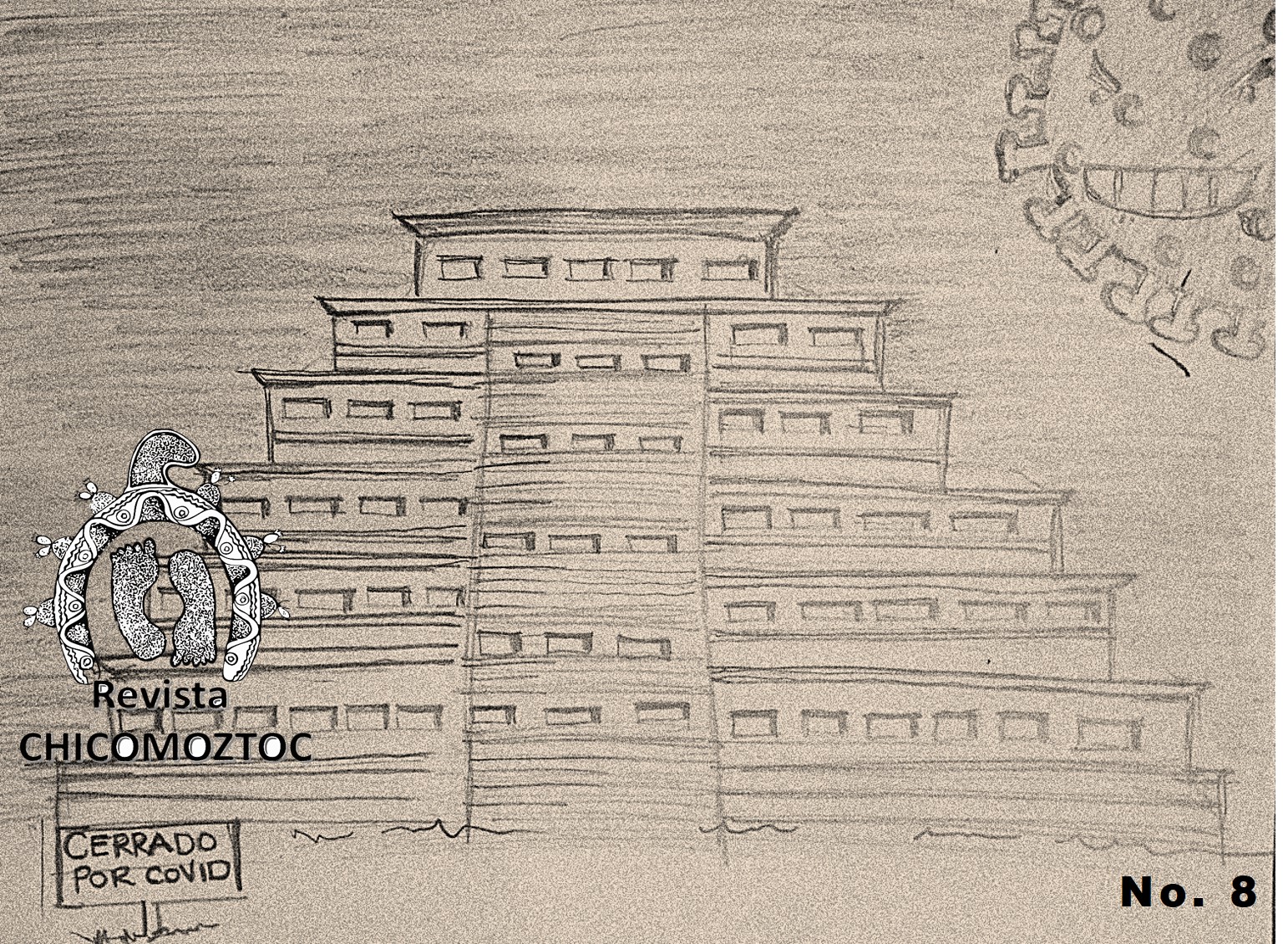The ceramic tradition in Ejido Lacandón and Villa Las Rosas, Chiapas.: An ethnographic or ethnoarchaeological study
Published 2022-07-10
Keywords
- Key Words: Tzeltal pottery, ceramicist communities, Lacandona Rainforest.,
- tzeltal pottery,
- ceramicist communities,
- Lacandona Rainforest
How to Cite
Abstract
Ceramics, as approached from a number of disciplines like archaeology, ethnography, ethnoarchaeology, among others, have resulted in enriching standpoints on manufacturing, production, specialization, trading, to name a few. This paper brings to light that the comprehensiveness of the analyses to get to know the processes of pottery making are broadened if social, material and behavioural corpora are considered.
Field work conducted in two communities, Lacandón and Villa Las Rosas, Chiapas, is intended to illustrate the potential of addressing and delving into the Lacandona Rainforest traditional ceramics to contribute to the functional analysis of archaeological ceramics. This has been strongly influenced by ethnoarchaeology, as this is a view that allows for registering cultural features associated to the technology, shapes, functionality, longevity and disposal of ceramics in ethnographic contexts. It is also possible to register the division of labour, the teaching and learning process, the commercialization and the technological changes as related to the shapes, usages and behaviours towards the heritage and permanence of ceramics in the Lacandona Rainforest.


